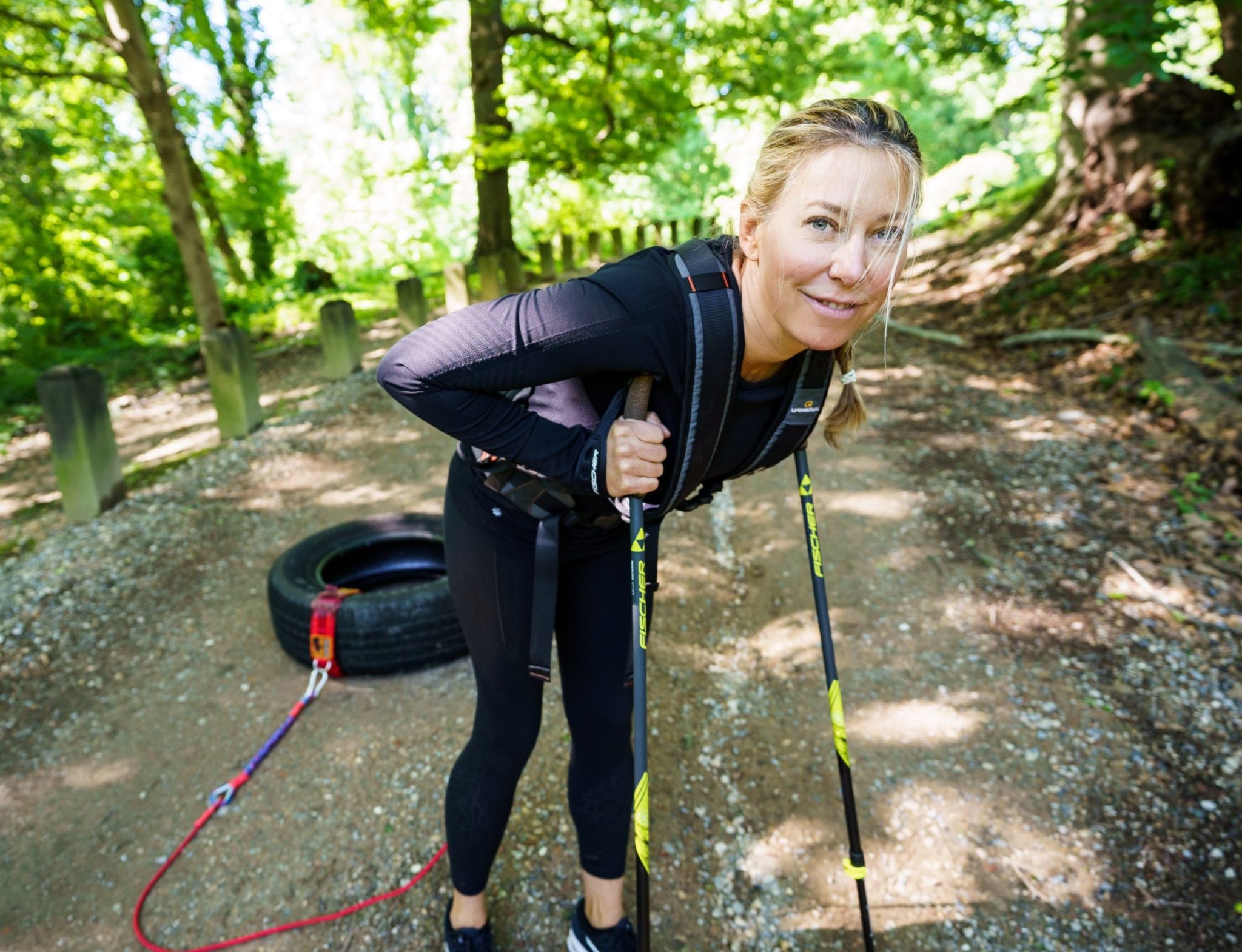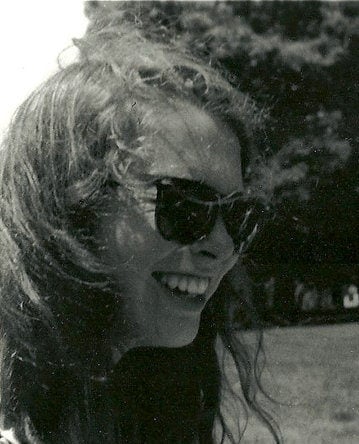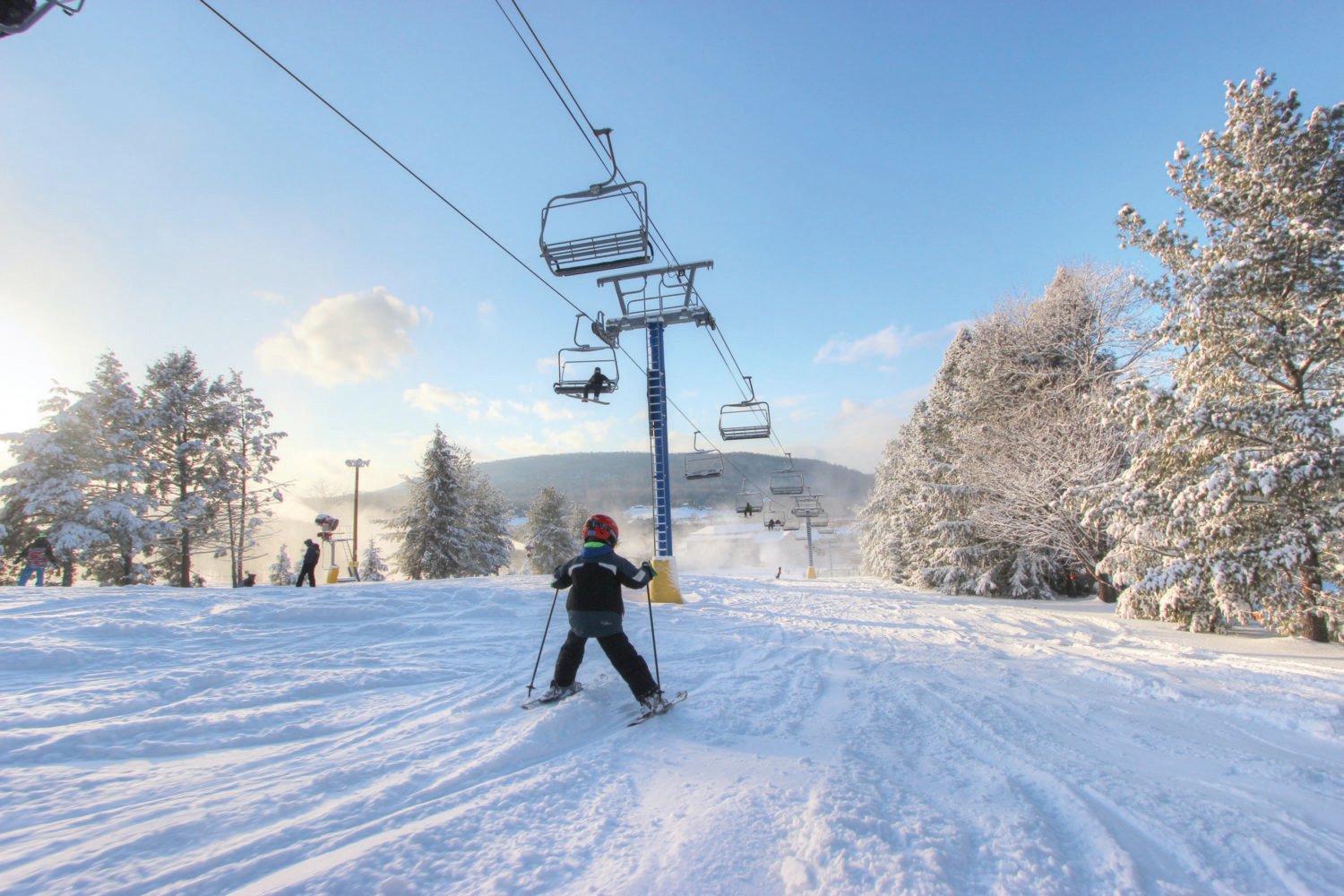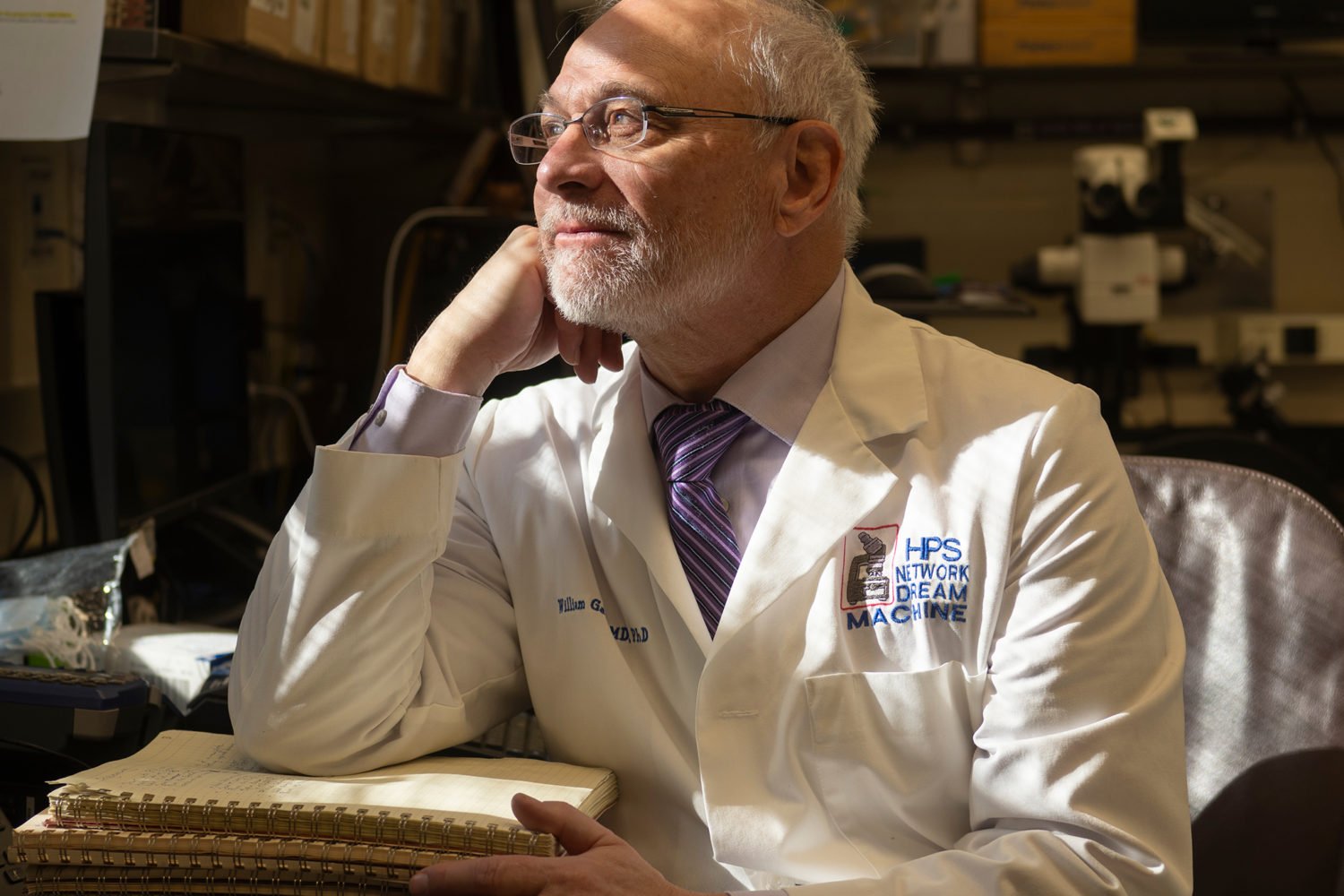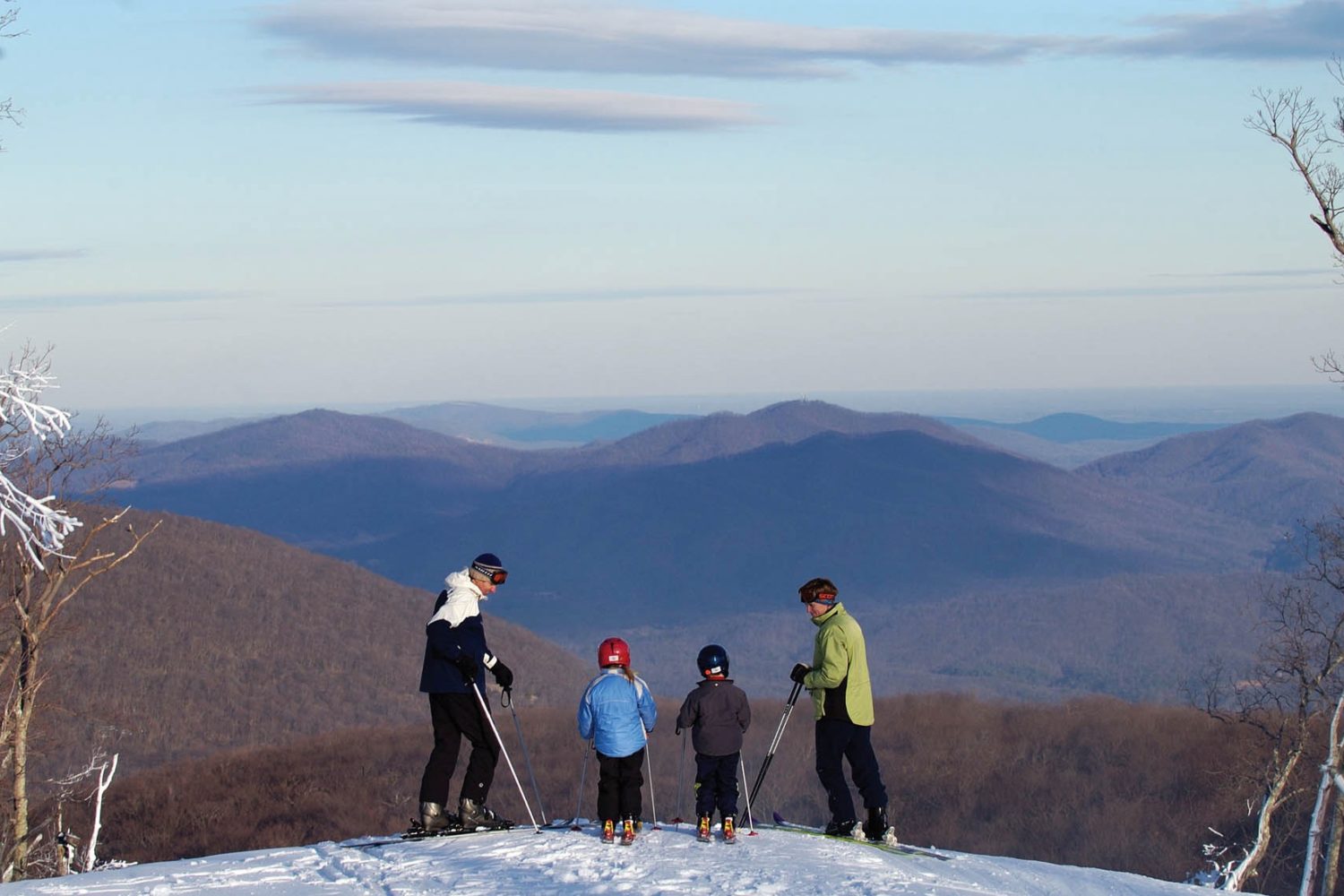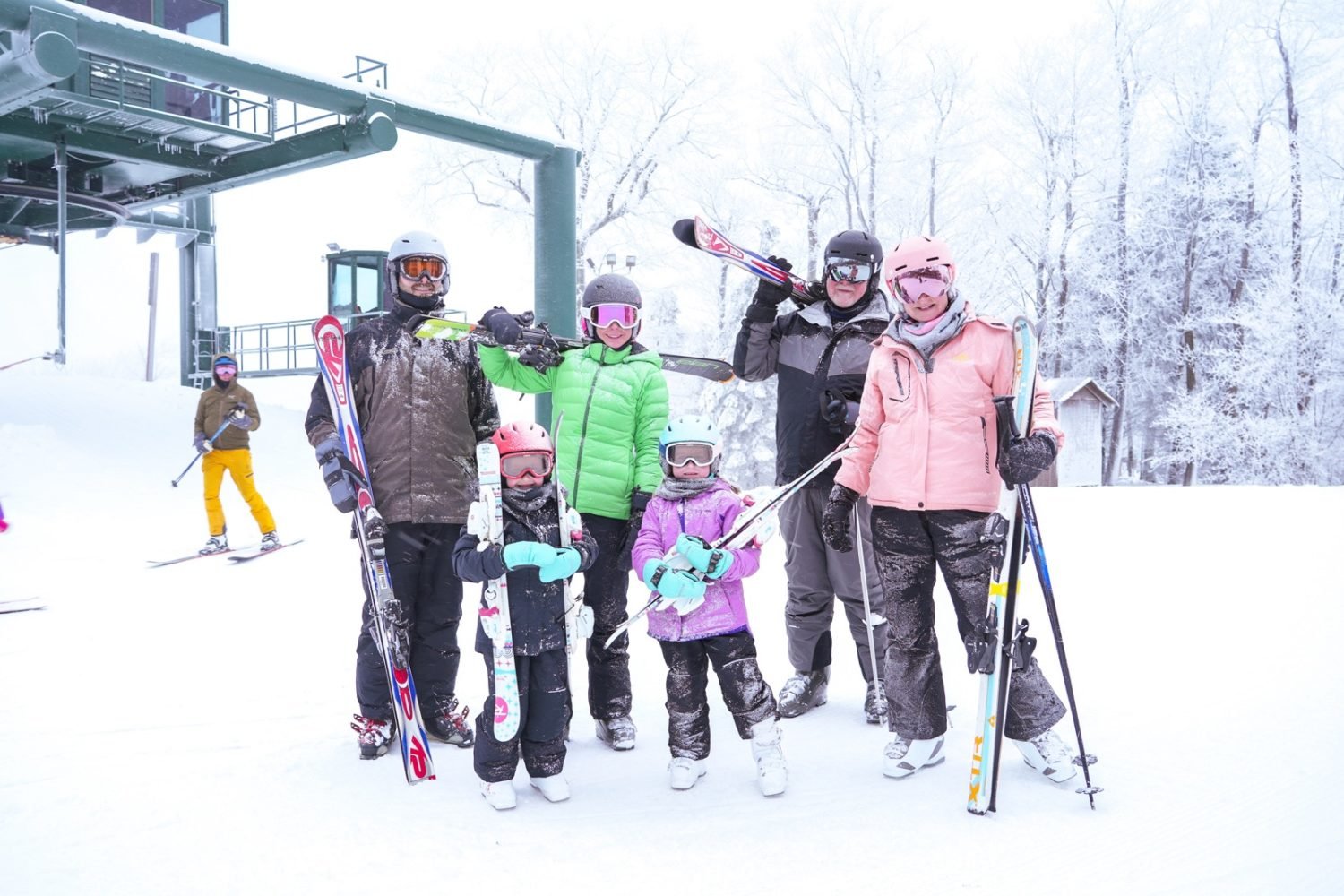Soon after Alison Reynolds brought home her first child from the hospital, she got a phone call saying that her baby had tested positive for a rare disease.
“I knew it was a really big deal because they were urgently telling us to go [in] and opening the lab just for us,” says the now-45-year-old DC mother of four. “I convinced myself in that very emotional 24 hours that it was a false positive.”
But it wasn’t. Her daughter, Tia, is now a 17-year-old Georgetown Day School student who has lived with phenylketonuria (PKU) her whole life. One in 10,000 to one in 20,000 people have the rare disease, depending on the country of origin.
https://www.instagram.com/p/B22F-hSBIXm/?utm_source=ig_web_copy_link
“It essentially means that food is toxic to her brain,” says Reynolds. Tia has classical PKU, the most severe form, which means that her body can’t process the amino acid phenylalanine, which is found in protein. To monitor her protein intake, Tia is on an extremely restricted diet of medical food, formula, and small amounts of weighed vegetables.
Disease side effects can include brain fog, migraines, learning disorders, anxiety, depression, behavioral issues, seizures, and hyperactivity, and it’s risky for women with PKU to have children. “It’s just a very, very difficult disease to manage long-term,” says Reynolds.
Over Tia’s life, Reynolds has thrown herself into finding a cure for PKU, hosting benefit galas to raise money for research, advocating to have drugs passed by the FDA, and working with the PKU National Alliance.
But this time she’s doing something different. She’s cross-country skiing across Norway.
Asbjörn Fölling, the biochemist who originally discovered the disease in the 1930s, was Norwegian, and Reynolds, who grew up skiing, knew she wanted to do something physical to raise awareness about PKU. Traversing across the country on skis seemed like a way to pay homage both to Fölling and to push herself mentally and physically. (Reynolds and her husband are fronting the costs for the trip themselves, and all funds raised will go towards research.)
“This had been such a journey for us over the years and this need to do a physical journey as part of this endurance run for a cure was just calling me,” she says. “I need [it] as a cathartic [way] of processing this disease.”
While Reynolds played soccer in college and has always been active, this journey has required taking her fitness to another level. In February, she’ll be skiing 16 miles a day for nine days in temperatures that can reach negative 20 degrees Fahrenheit. And she’ll also be pulling a sled holding around 80 pounds of gear. By the time it’s done, she’ll basically have completed the equivalent of eight marathons, Reynolds says.
https://www.instagram.com/p/B1wgCZNhnZ4/
Some of the biggest dangers of the trip will be hypothermia and severe dehydration, she says. Cross-country skiing is a highly aerobic exercise, so Reynolds will have to stop every hour-and-a-half to drink water, but she can only pause for a minute, or else her sweat will begin to cool and put her at risk of hypothermia.
To train for this, she’s taken on a workout routine of epic proportions. Working with Tiffany Nesfield of Nesfield Performance, she does strength training three days a week and endurance training almost every day. A sample day might include a 90-minute Peloton ride followed by a 45-minute run; hiking seven miles with a weighted backpack; or pulling a tire on the C&O Canal for 100 minutes. (“The looks I get on the C&O canal are so funny,” says Reynolds. “It’s mostly thumbs-ups.”)
“It’s really changed my life,” says Reynolds of her training, which has left her feeling happier and her clothes fitting better. “This has gotten me in the best shape of my life, and at 45, you feel like you’re turning back the clock a bit.”
On the last day of her journey, Reynolds will be joined by her family and other members of the PKU community who will ski to the finish line with her. And while it will certainly be the journey of a lifetime, Reynolds’ ultimate focus is still on finding a cure for the disease.
“It’s a hard road,” she says. “Every morning you’re reminded of the quest you’re on. We’re on a mission, and I think we’ll get there.”
https://www.instagram.com/p/ByskISfB6Lz/
Tia is currently trying a new drug recently approved by the FDA, says Reynolds. She’s injecting it once a week as of now, but when she progresses to daily injections, they’ll know if it’s increasing her protein tolerance and eliminating some of the PKU side effects. “What it hopefully means for her is a healthier brain and freedom from tight restrictions,” says Reynolds.
As of now, Reynolds is most excited about the research surrounding the gene-editing tool CRISPR, which she says shows the biggest promise in the fight against PKU.
“I don’t think we’re decades away, we’re years away from a cure. We just have to keep the funds coming,” she says.
When Tia was born, there was only one project aimed at fighting PKU in the works. Today there’s over 25, says Reynolds. “So it’s happening. I kind of can’t believe it,” she says. “There’s a drug my daughter is taking because we beat everybody over the head and said we have to do this.”
To learn more about Alison Reynolds’ upcoming journey, including how to be a sponsor or donate, visit crossingnorway.com.

